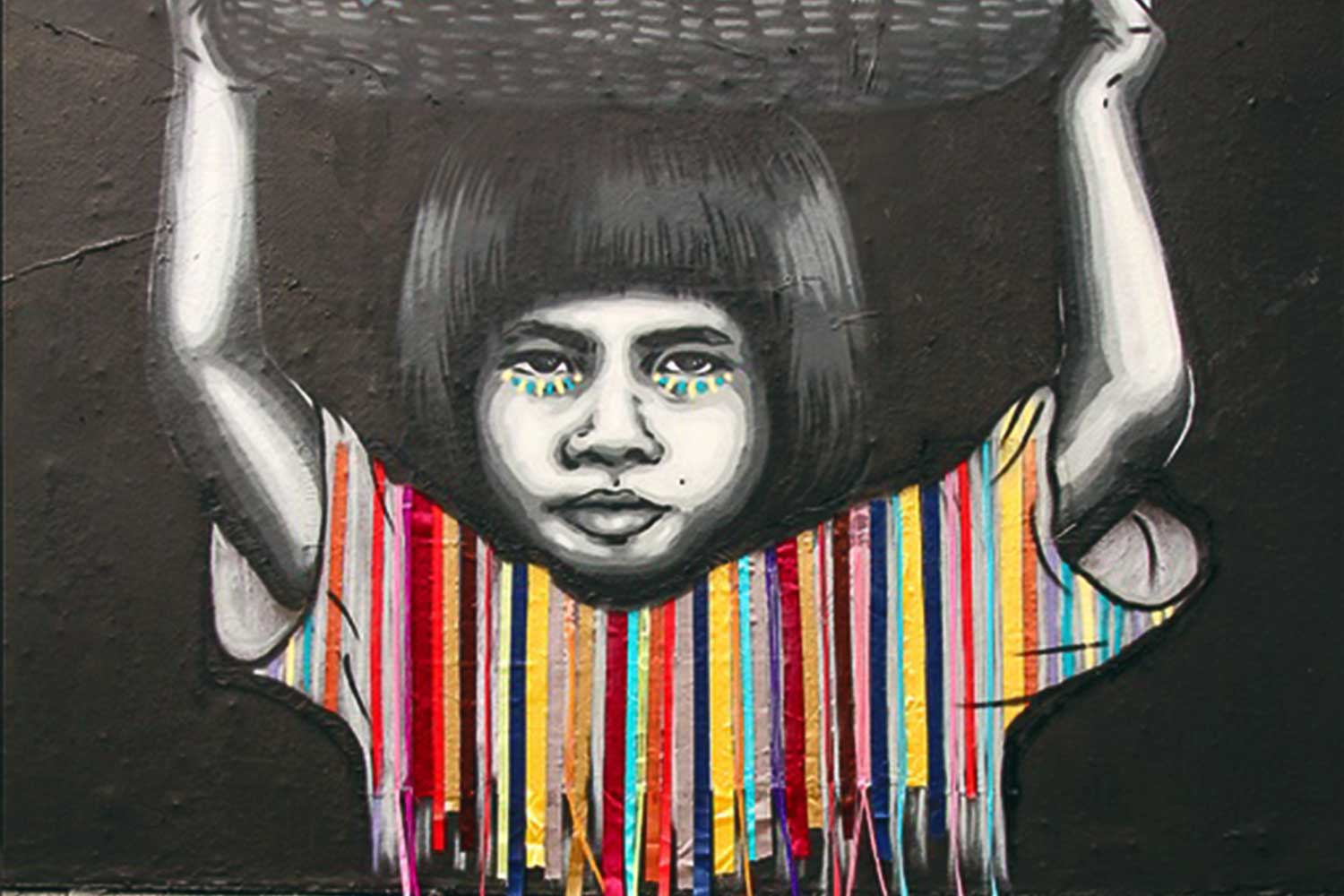Childhood shows the man. A conducive environment with supporting guardians who let the child know that they will cherish him or her no matter what is genuinely necessary. Babies start to memorize almost the world around them from a really early age – counting amid the pre-birth, perinatal (promptly sometime recently and after birth) and postnatal period. Children’s early encounters – the bonds they shape with their family and their initial learning experiences profoundly influence their future physical, cognitive, enthusiastic and social advancement.
The best example of this is the story of Mahabharata, where Duryodhana, the eldest son of the King Kuru and the Kaurava Dynasty was under the influence of his evil uncle Shakuni who provoked Duryodhana, from a very tender age, and filled his conscience with hatred for Pandavas and greed for the throne. When Duryodhana grew up to become a young-arrogant and hateful person, Dhritarashtra, the father, never tried to resist his intentions. He was so blindfolded with love that he couldn’t oppose his son.
In a parallelly opposite scenario, Pandavas were groomed with discipline, decency and tolerance. Their tolerance was so high that, even when Duryodhana was doing them wrong, they tolerated him to the most extreme of conditions. Just before the tipping point and the great civil war at Kurukshetra, when the Pandavas surrendered to the Kauravas asking for five villages, Duryodhana was so ill-tempered that he dismissed the divine Lord Krishna’s proposal. However, in the end, the Kauravas were demised, and the good won over the evil. The point here is simply that a child grows up with the qualities that he or she is taught in their childhood and ultimately meets his or her fate depending on the work they have done based on these qualities. Obviously, there are exceptions. In my case, I had a struggling childhood. I had to work and earn money to study. Today I try and help whoever I can, to how much ever my capabilities allow me to. It is imperative not to assume that child labourers or workers don’t have a future or don’t deserve one.
Today, the differential impact of the COVID-19 pandemic on society is very evident. While some of us are practising social distancing and exploring work from home options aggressively in the hope of a better tomorrow, there is a possibility that a substantial number of children would emerge as victims of such positive measures. One impact would be an increase in the number of child labourers. Sadly, that is the truth. Now the child workers don’t have a home to stay in, money to feed themselves and don’t have any work outside because of the shutdown. They are succumbed by misery in all ways possible. In some instances, family members are dependent on such child workers’ income. It is sensible to state that the miserable condition they must be undergoing right now is only known to them and to the Gods.
Already, there are 152 million child labourers worldwide. Despite the prohibition of engagement of children below the age of 14 in all occupations, India alone is home to 10.1 million child labourers in the age group 5-14 years. All we can do for them is to pray and help these kids whenever we can. We can do it now, following the protocols of the lockdown or we can wait for normalcy and then aid these children.



Get Social